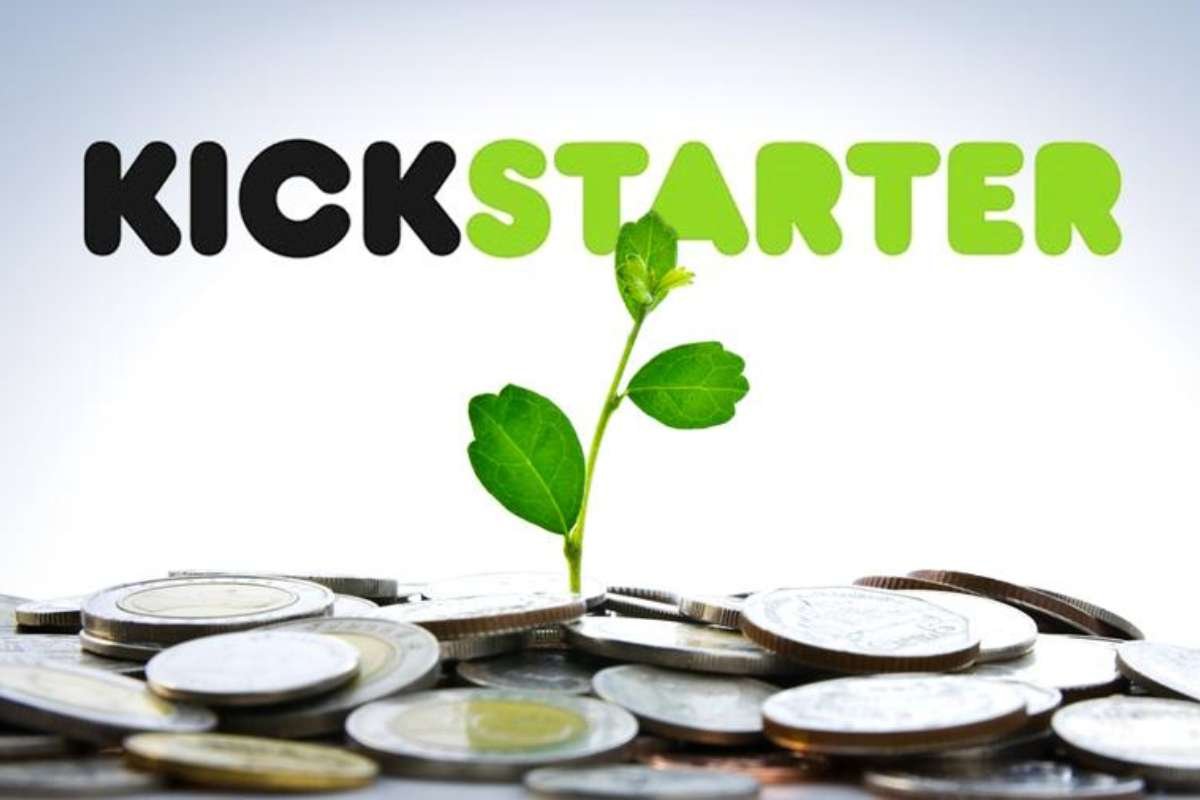In this highly competitive business world, securing funding is one of the most crucial and challenging aspects that can turn business owners’ ideas into reality.”If we differentiate between traditional financial options such as taking loans from banks and venture capital, these methods are very challenging for small business owners or entrepreneurs. Whereas, modern methods of financing such as crowdfunding for business are the most innovative way for entrepreneurs to raise capital by leveraging the power of a large audience through online platforms.
In this article, we have provided an understanding of crowdfunding for beginners which includes its types, benefits, alternates, and their best platforms. Let’s dive into the article!
Understanding Crowdfunding
Crowdfunding for business is a method of raising funds from a large number of people, typically via the Internet. Instead of relying on a single investor, businesses attract contributions from multiple individuals who believe in their vision. Crowdfunding allows entrepreneurs to validate their business ideas, gain market exposure, and secure necessary funding without giving up significant ownership or control.
Types of Crowdfunding for Business

Understanding the different types of crowdfunding can help businesses choose the most suitable model for their needs:
- Equity Crowdfunding – Investors receive equity (ownership) in the company in exchange for their contributions. This is best for startups looking to scale quickly.
- Reward-Based Crowdfunding – Supporters contribute funds in exchange for rewards, such as early access to a product or exclusive merchandise.
- Debt Crowdfunding (Peer-to-Peer Lending) – Businesses borrow money from backers with an agreement to repay it with interest.
- Donation-Based Crowdfunding – Contributors donate money without expecting any financial return, often used for social causes or community-driven projects.
- Revenue-Sharing Crowdfunding – Businesses offer a percentage of future revenue to investors rather than equity.
Advantages of Crowdfunding for Business

Crowdfunding provides several benefits for entrepreneurs looking to secure funding:
- Access to Capital – Businesses can raise funds without the need for traditional lenders or investors.
- Market Validation – A successful campaign demonstrates demand for a product or service before full-scale production.
- Brand Awareness – Crowdfunding campaigns can generate media attention and attract a loyal customer base.
- Investor Diversity – Entrepreneurs can secure funding from a wide pool of backers rather than relying on a single investor.
- Lower Financial Risk – Compared to taking out loans, crowdfunding can be a less risky way to finance a business.
What are the Alternatives to Crowdfunding?
While crowdfunding is an effective financing method, some businesses may explore other funding alternatives:
- Angel Investors – High-net-worth individuals who invest in startups in exchange for equity.
- Venture Capital – Firms that provide funding in return for equity, typically for high-growth businesses.
- Small Business Loans – Traditional bank loans or government-backed funding options.
- Bootstrapping – Using personal savings or revenue from the business to fund operations.
- Grants and Competitions – Various organizations offer grants or hold pitch competitions to support startups.
Also read: Crowdfunding vs. Angel Investing
What are the Best Crowdfunding Platforms for Business?
Several crowdfunding platforms cater to businesses seeking funding. Here are some of the best options:

- Kickstarter – Ideal for creative projects and product-based businesses using a reward-based model.
- Indiegogo – Offers both reward-based and equity crowdfunding options with flexible funding models.
- GoFundMe – Primarily used for donation-based crowdfunding and social causes.
- SeedInvest – A leading equity crowdfunding platform for high-growth startups.
- Fundable – Focuses on reward and equity crowdfunding for businesses.
- Kiva – Provides interest-free loans to small businesses and entrepreneurs worldwide.
- WeFunder – Specializes in equity crowdfunding, allowing businesses to raise money from investors.
In conclusion, crowdfunding for business is a great way for entrepreneurs to raise financial capital, implement ideas, and build a network of supporters. By choosing the right type of crowdfunding and the best platform, business owners can secure the funding they need to grow and excel in today’s competitive business world.
FAQ
Is crowdfunding for business legal?
Yes, crowdfunding is legal, but regulations vary by country. Equity crowdfunding, in particular, is subject to securities laws.
How much money can I raise through crowdfunding?
The amount varies depending on the platform, campaign strategy, and funding model. Some campaigns raise a few thousand dollars, while others secure millions.
Do I need to pay back crowdfunding contributions?
It depends on the type of crowdfunding. Equity crowdfunding requires sharing ownership, while debt crowdfunding requires repayment. Reward and donation-based crowdfunding typically do not require repayment.
How long does a crowdfunding campaign last?
Most campaigns run for 30-60 days, but the timeframe depends on the platform and the nature of the project.
What are the key factors for a successful crowdfunding campaign?
A compelling pitch, clear goals, engaging content, strong marketing efforts, and an active community are essential for success.











